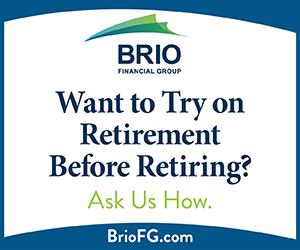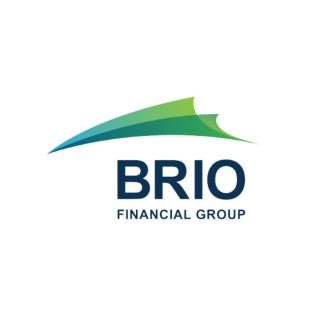
Try on Retirement Before Actually Retiring
by Brandon Miller on Jul 25, 2022
I’m among those who enjoy San Francisco’s slow streets initiated during the pandemic. On one near my home, two little girls learned to ride a bike over several weeks. They progressed from training wheels with mom or dad holding on, to just training wheels to just the bike’s two wheels. As their balance and confidence grew, so did their joy. It was way more entertaining than watching cars go up and down that same street.
“Training wheels” can be helpful in other endeavors, as well, including pre-retirement. Having helped steer a multitude of folks toward their own financial freedom, I can tell you that stopping work often requires a massive mindset shift that can take some time.
Think about everything that will change. You’ll go from making and saving money to spending it. That may sound easy, but getting comfortable with the opposite of what you’ve been doing your whole adult life takes some time and practice.
Your schedule will no longer be dictated by work, but by whatever you choose to put on your agenda. Again, this sounds great, but how deep are your hobbies and interests? You likely won’t be traveling or gardening every day, so what else will you do to give your life meaning? Don’t be surprised if it takes some work to find your individual rhythm for filling your days with fulfilling ventures.
And don’t forget that spouses who used to spend most weekdays apart will now have more together time. Again, it may take a while to figure out how to gracefully dance with—or around—each other.
I’ve had a front-row seat for my clients’ triumphs and missteps as they moved into retirement, which has made me an advocate for a training-wheel approach. Trying out different aspects of your new life before you get there can help make the transition easier and less intimidating.
Here are a few suggestions that may help you gain balance and confidence before full retirement:
Downsize your work. To get ready for no work, start doing less of it. This can take on many different shapes, such as working fewer hours or getting your employer to remove parts of your job that you hate. You could also take a lower-stress position or get another job.
Separate from your paycheck. In retirement, your income will come from you, not your employer. So why not pretend like that’s happening pre-retirement? You can have your paycheck and other income sources deposited into one account, then transfer your monthly budget amount into another account. See if the budget actually works before handing in your resignation letter.
Double-check your numbers. This may seem like an odd training wheel, but you want to get comfortable with ending your paycheck. Running projections and what-if scenarios can help. You might also want a financial professional to verify your assumptions and make sure you have enough to afford the life you want to lead. Reassurance can provide the confidence to circle an end-date on your work calendar.
Try on different “you”s. Whatever you have planned for retirement, start doing it—or doing it more often—in pre-retirement. Maybe you thought working at the SPCA would fill your days, only to discover that you can’t stand the smell of kennels. Make sure you really want to do what you think you want to do.
Of course, this all leads to that monumental decision of when to take the training wheels off and fully retire. People wonder if now is a good time with inflation so high. For the most part, if you could afford to retire before these higher prices hit, you can likely still afford to retire. History tells us that inflation doesn’t last forever. And I hope you’ve taken my advice from previous columns and built up a sizeable cash account that can be your income source and shock absorber until high prices recede.
Whenever you decide to go for it, retirement is a big change. It’s normal to feel a little wobbly as you try to master this next phase of your life. But like the joy experienced by those little girls learning to balance on two wheels, you can learn how to turn your retirement into a thrilling ride.
Brio does not provide tax or legal advice, and nothing contained in these materials should be taken as such. The opinions expressed in this article are for general informational purposes only and are not intended to provide specific advice or recommendations for any individual or on any specific security. It is only intended to provide education about the financial industry. To determine which investments may be appropriate for you, consult your financial advisor prior to investing. Any past performance discussed during this program is no guarantee of future results. Any indices referenced for comparison are unmanaged and cannot be invested into directly. As always please remember investing involves risk and possible loss of principal capital; please seek advice from a licensed professional.
Brio Financial Group is a registered investment adviser. SEC Registration does not constitute an endorsement of Brio by the SEC nor does it indicate that Brio has attained a particular level of skill or ability. Advisory services are only offered to clients or prospective clients where Brio Financial Group and its representatives are properly licensed or exempt from licensure. No advice may be rendered by Brio Financial Group unless a client service agreement is in place.
